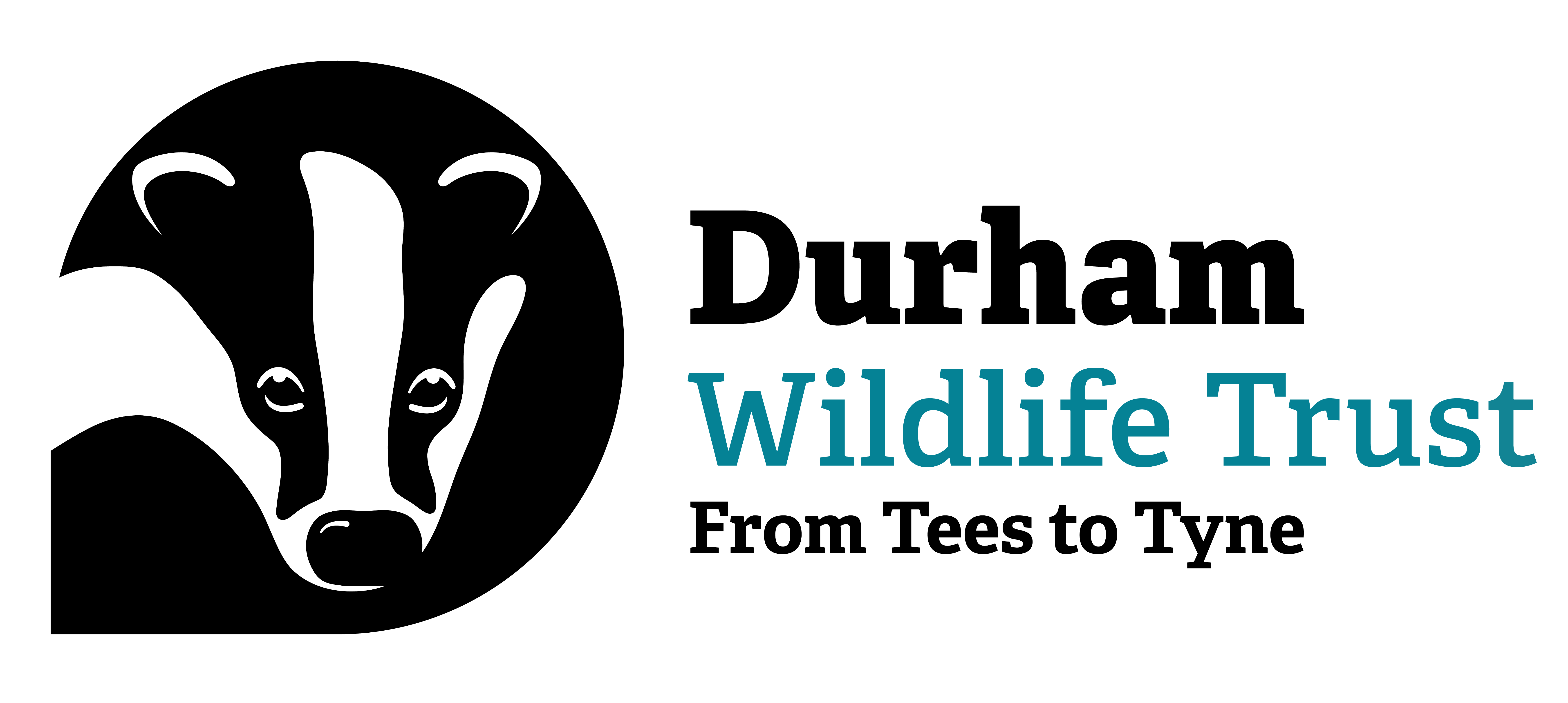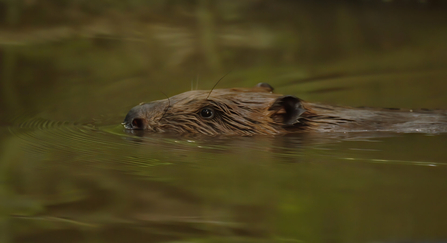Today, The Wildlife Trusts and Beaver Trust are celebrating as beavers are now officially recognised as a native species in England and a European protected species. The new law, which came into force at midnight last night, is good news for this extraordinary mammal which can do so much to restore wetlands across Britain.
The Wildlife Trusts pioneered the reintroduction of beavers and are now calling for greater clarity and urgency from the Government in relation to the plans for the widespread return of the animals.
The Government published guidance in early September which outlines how beavers might be managed in the future. But both Beaver Trust and The Wildlife Trusts are concerned that it does not give sufficient support to landowners – and that the proposals lack ambition and detail. The charities warn that, in their current form, the plans will not deliver the widespread reintroduction of a species which scientific studies have shown can improve water quality in rivers, stabilise water flows during times of drought and flood, store carbon and boost other wildlife.
In 2015 Devon Wildlife Trust led a successful trial on the River Otter in Devon where England’s first wild population of beavers were reintroduced – 400 years after their extinction due to hunting and habitat loss. This trial was a great success and the Government subsequently agreed that the beavers on the River Otter could remain in the wild and spread naturally to other rivers.

